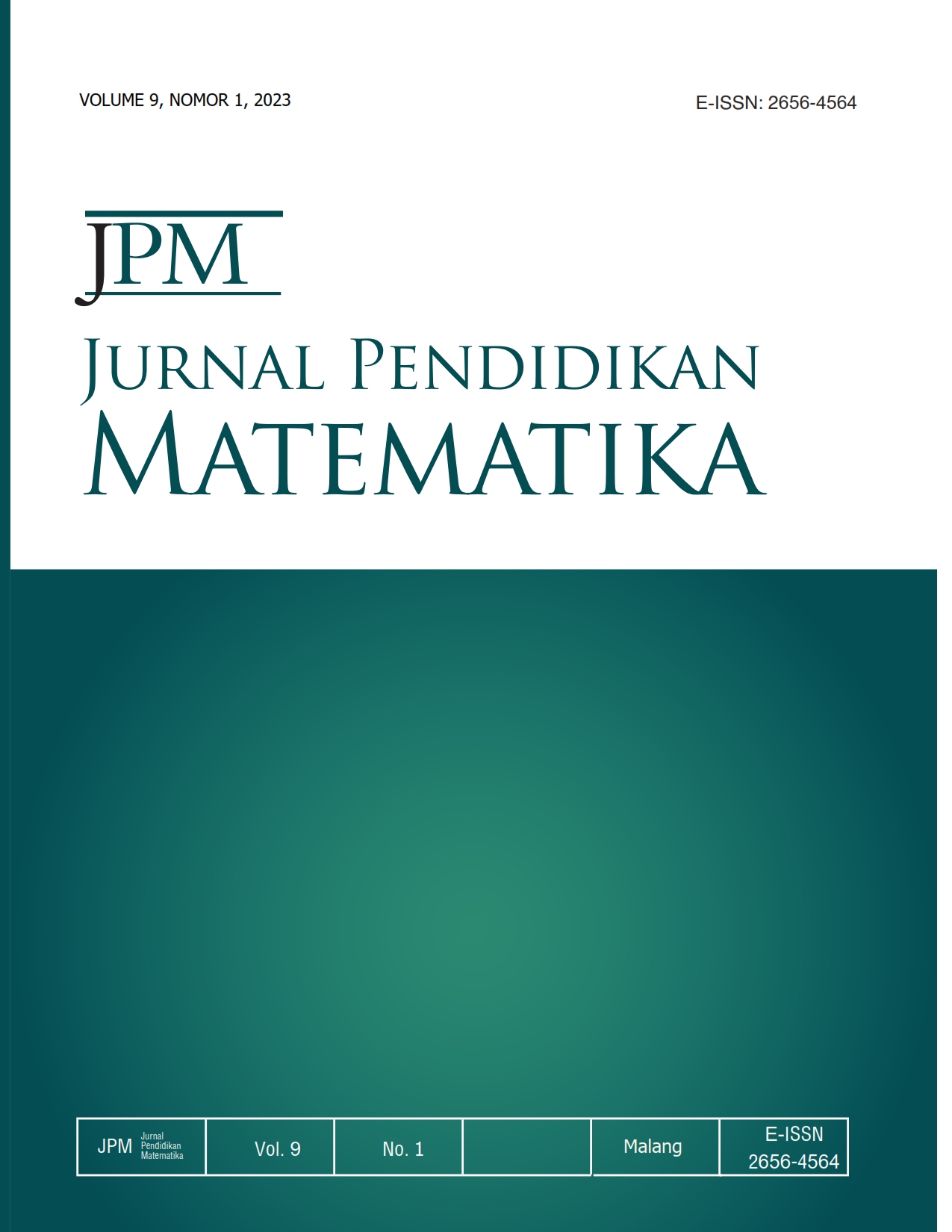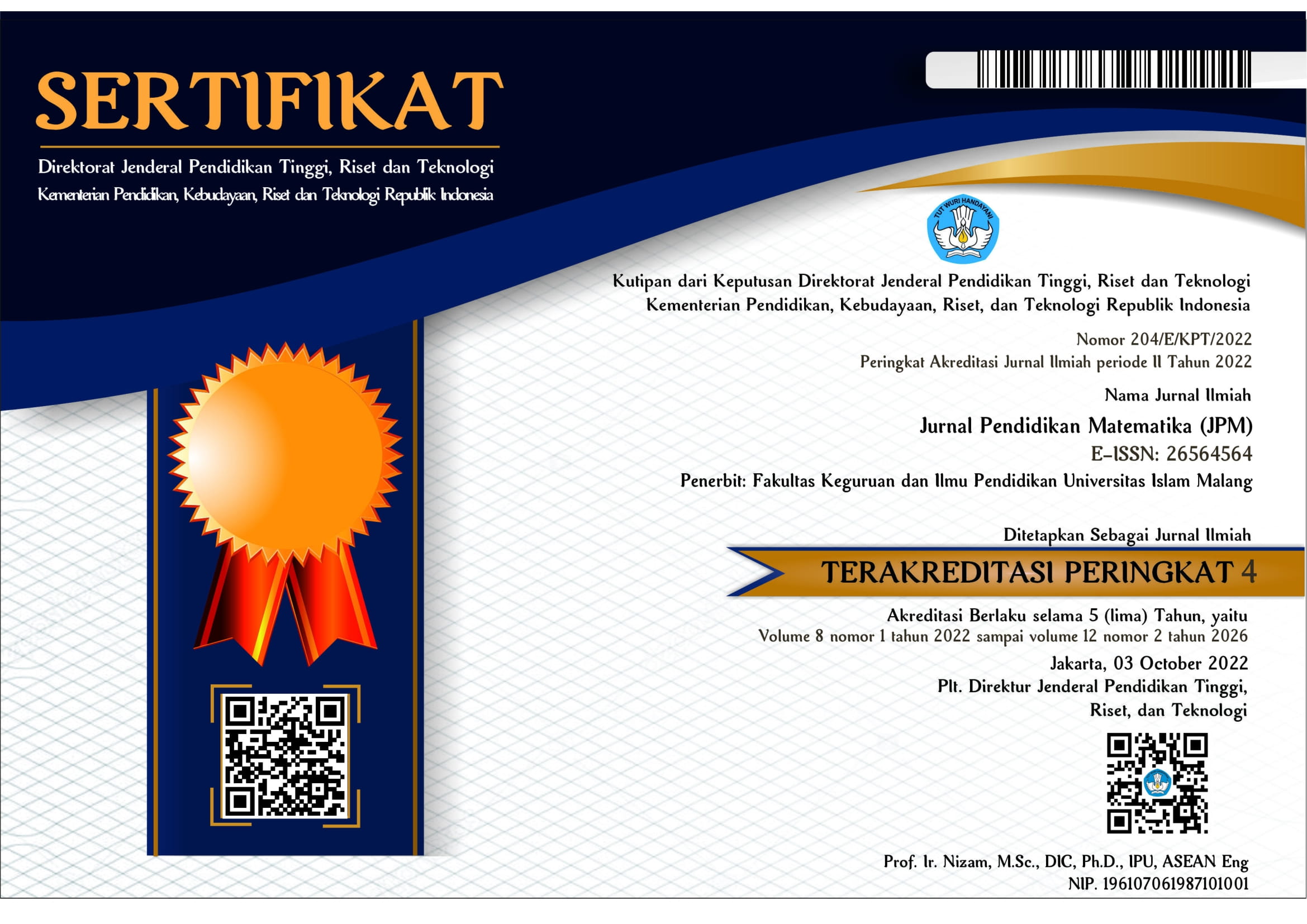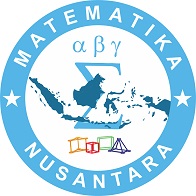Development of Scıentıfıc-Based LKPD to Improve Students' Problem-Solvıng Abılıty
DOI:
https://doi.org/10.33474/jpm.v9i1.20136Keywords:
Problem-Solving Ability, Scientific, Students WorksheetAbstract
This study aims to determine the process and results of developing scientific-based mathematics learning worksheets that meet valid and practical criteria and test the developed worksheets' validity, practicality, and effectiveness. This research and development refer to the steps of Borg and Gall. The research subjects were grade VIII students of the Qur'an Science Middle School Minhajuth Thullab Pekalongan for the 2022/2023 academic year: data collection techniques using interviews, problem-solving ability tests, and questionnaires. The results showed that the LKPD teaching materials developed were categorized as valid (fit for use) based on the assessment of media and material expert validators. In addition, the developed scientific-based LKPD is also categorized as practical based on student assessments and responses from the mathematics teacher. Based on hypothesis testing and proportions, the scientific-based LKPD can improve problem-solving skills, but it is not yet effective because the proportion of students with good category problem-solving abilities is not more than 60% of the total number of students.
References
Afrilianto, M. (2012) "Improving Understanding of Mathematical Concepts and Strategies for Junior High School Students with a Metaphorical Thinking Approach". Infinity Journal. Vol 1. No 2.
Archambault, J. (2008). "The Effect of Developing Kinematics Concepts Graphically Prior to Introducing Algebraic Problem Solving Techniques". Action Research Required for the Master of Natural Science degree with concentration in physics.
Arikunto, S. (2010). Research Procedures a Practice Approach. Jakarta: Rineka Create
Eskawati, Y. & Sanjaya, M. (2017). Development of Interactive Electronic Books on Class XII High School Quantum Physics Material. JP F. Vol 5. No 2
Hartati, M., and Surya E. (2017). Improving Students' Communication and Mathematical Reasoning Skills by Using the STAD Type Cooperative Learning Model at Vocational Schools in Pangkalan Brandan
Mashuri, S. (2019). Mathematics Learning Media. Yogyakarta: Deepublish.
Mawaddah, S. Maryanti, R. (2016). " Students Have Reversible Thinking Ability in Learning Using the Guided Discovery Model ". EDU-MAT Journal. Vol 4. No. 1.
Ministry of Education and Culture. (2013), "Basic Framework and Curriculum Structure 2013", Jakarta: Ministry of Education and Culture.
Ministry of Education. (2013). National Education System Law No. 20 of 2003. Jakarta: Sinar Graphics
Mustafiqon, HM, Nurdyansyah. (2015). Scientific Learning Approach. Nizamia Learning Center, Sidoarjo.
Muyaroah S, Fajartia M. (2017). Development of Android-Based Learning Media Using the Adobe Flash CS6 Application in Biology Subjects. IJCET. Vol 6. No 2
Narbuko, C. Achmadi, A. (2012). Research Methodology, Jakarta: Earth Script.
Prabowo, A. et al. (2019). Android-based Teaching Material for Statistics Integrated with Social Media WhatsApp. International Journal on Emerging Mathematics Education. Vol. 3, No. 1.
Rusindrayanti, et al. (2015). "Implementation of a Scientific Approach to Class VII Math Subject in the 2013/2014
Academic Year in the 2013 DIY Curriculum". Pythagorean Journal of Mathematics Education Vol. 10 No. 1.
Rusnilawati, R. (2016). "Development of Mathematics Learning Devices Characterized by Active Knowledge Sharing with a Grade VII Scientific Approach". Journal of Mathematics Education Research Vol. 3 No. 2.
Sari, FK (2017). " mplementation of a Scientific Approach in Assigning Activities to Indonesian Class VII Middle School Textbooks Based on the 2013 Curriculum". Edutama Education Journal, Vol. 4 No. 1
Setiawan, F., et al. (2017). “Use of LKPD Based on Scientific Approach To Increase Student Learning Independence In Elementary Schools”, Proceedings of TEP & PDs 21st Century Education Transformation, Theme 6, Number 15
Sudijono. (2008). Introduction to Educational Statistics. Jakarta: Raja Grafindo
Sudjana. (2005). Statistical Methods. Bandung: Tarsito
Sugiono. (2010). Statistics for Research, Bandung: Alfabeta.
Sumarno, A. (2012). The Nature of Development. Jakarta: PT Raja Grafindo Persada.
Sutarti, T., Irawan, E. (2017). Tips for Success in Receiving Development Research Grants, Yogyakarta: Deepublish
Trihendradi. (2005). SPSS 12 Statistical Inference Theory and its Applications. Yogyakarta: Publisher Andi
Wiryokusumo, I. (2011). The Nature of Development and Learning. Jakarta: Rineka Cipta.
Yusuf, AM (2017). Educational Assessment and Evaluation (Jakarta: Kencana). h. 2.
Zakaria, et al. (2015). “Development of Multimedia-Based Instructional Video for Coordinate System Material.", Proceedings of the National Seminar on Mathematics and Mathematics Education, UMS.
Downloads
Published
How to Cite
Issue
Section
License
Copyright (c) 2023 Lisnawati, Sugeng Sutiarso, Nur Hanurawati, Choirudin; Rani Damayanti

This work is licensed under a Creative Commons Attribution 4.0 International License.






_-_Copy.jpg)
.jpg)
.jpg)










